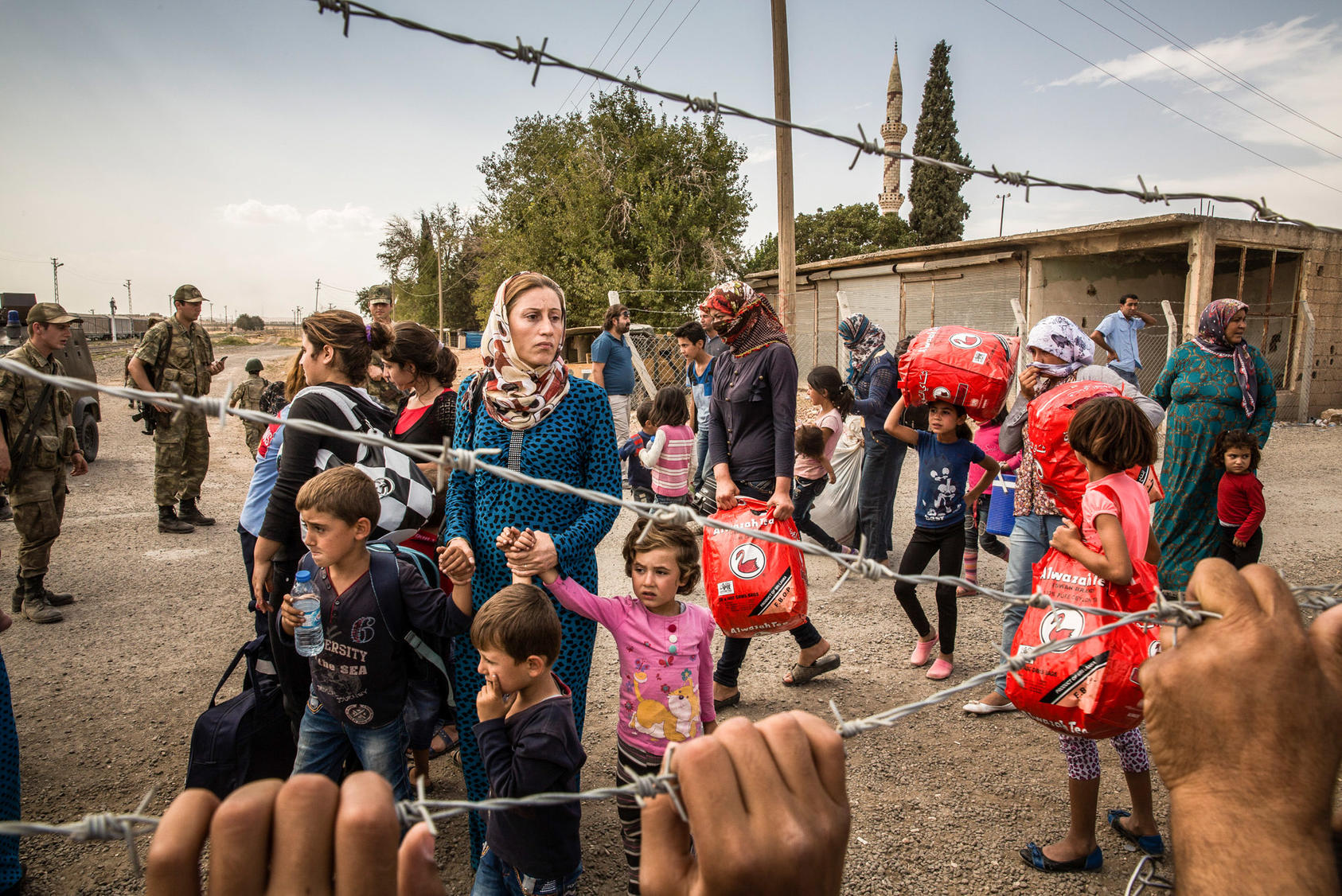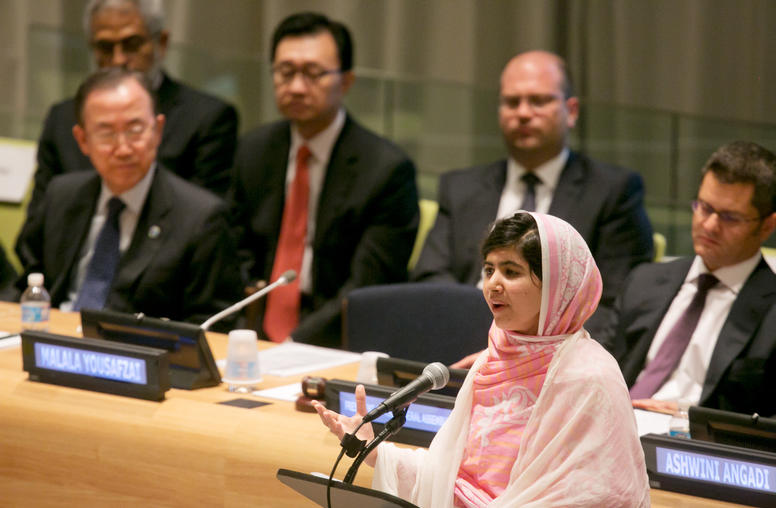The nature of violent conflict has radically changed over the past century. Wars are now fought on our front door steps, rather than on the front lines. As the consequences of war have shifted from combatants to civilians, the complex and variable roles that women have played in shaping and ending conflict have come into a more critical focus. Throughout the month of March, USIP will host a series of events and discussions that will look at the historical and contemporary roles of women in war and women in peace as well as current initiatives that support men as agents for positive change and peaceful masculinities.
Historically, wartime narratives have concentrated on masculine ideals – highlighting the male warriors and protectors in society. But, security does not belong just to men – and peace does not belong only to women. War and violent conflict as well as peacebuilding are highly gendered processes.
In 2000, the United Nations Security Council adopted Resolution 1325 on Women, Peace and Security to reverse the broad exclusion of women from participation in security processes and recognize that women must be critical actors in all our efforts to achieve sustainable peace and stability. USIP is in its eight year of dedicated work on these issues.
Events in March
How Film Captures the Roles of Women in War and Peace
Celebrating stories of women's leadership through film on International Women's Day
Full Event Video Available Now
Thursday, March 8, 2018 | 10:00am - 12:00pm
Ten years ago, the film Pray the Devil Back to Hell premiered at the Tribeca Film Festival, where it won the award for Best Documentary for its powerful depiction of the nonviolent women’s movement that helped bring an end to Liberia’s bloody civil war. Since its release, producers and directors have taken up the challenge to tell the stories of the often-invisible lives of women in conflict – producing stories in countries like Bosnia, Libya, Afghanistan, Colombia, Pakistan and Rwanda. These films have brought forward women’s critical voices to the stories of war and peace, and amplified the global agenda of Women, Peace and Security.
Overcoming Violence: A Conversation with Women of Courage
Thursday, March 22, 2018 | 2:30pm - 4:00pm
Women are struggling every day for peace and security in their communities, whether as parliamentarians seeking to preserve the constitutional rights of marginalized groups or as filmmakers prompting change through challenging community discourse. To amplify these voices, the U.S. Institute of Peace, with the U.S. Department of State, will host an event featuring three of the 2018 Secretary of State’s International Women of Courage awardees. Participants will hear firsthand the paths these women of courage have taken to lead for positive change.
Securing Their Roles: Women in Constitution Making
Thursday, March 29, 2018 | 10:00am - 11:30am
Women’s participation in drafting constitutions leads to more equitable legal frameworks and socially inclusive reforms, laying the groundwork for sustainable peace. Yet new research from Inclusive Security reveals that while 75 conflict-affected countries oversaw significant reform processes between 1995-2015, only one in five constitutional drafters in these environments have been women. As actors from Syria, Libya, and other countries marked by violence are taking steps towards building new constitutions, USIP and Inclusive Security are convening a panel to draw out lessons for policymakers by discussing women’s roles in constitution-making, gender equality in constitutional provisions - including in relation to constitutions developed with an Islamic identity - and their implications for long-term, inclusive peace and security.
Resources
- Special Report: Afghan Women and Violent Extremism
- Policy Brief: Gender and Fragility – Ensuring a Golden Hour
- Special Report: Women in Nonviolent Movements
- Background Paper: Gender and the Role of Women in Colombia’s Peace Process
- Article: Women Charting a New Course on Peace and Security (2016 IWD Article)
- Tools: Women Preventing Violent Extremism – Thought for Action Kit
- Video: Colombian Women Mediators Prepare to Support Peace
- Video: Combating Violent Extremism
- Video: The Missing Peace Symposium (2013)
- Video: Men, Peace and Security – Agents of Change






